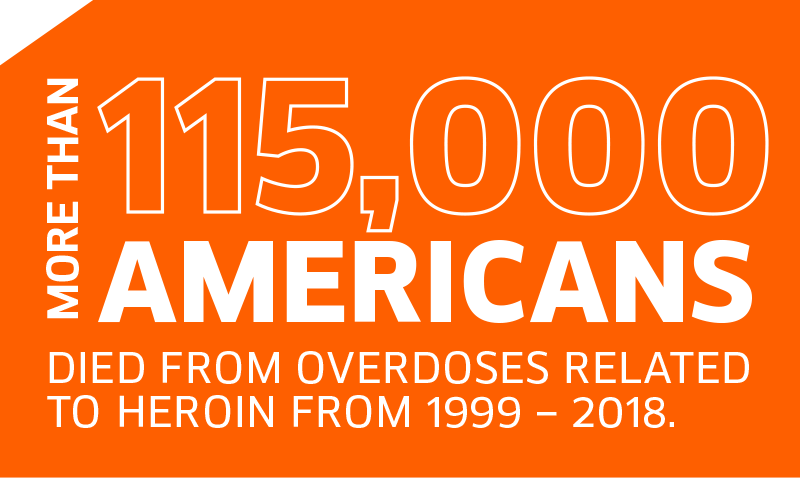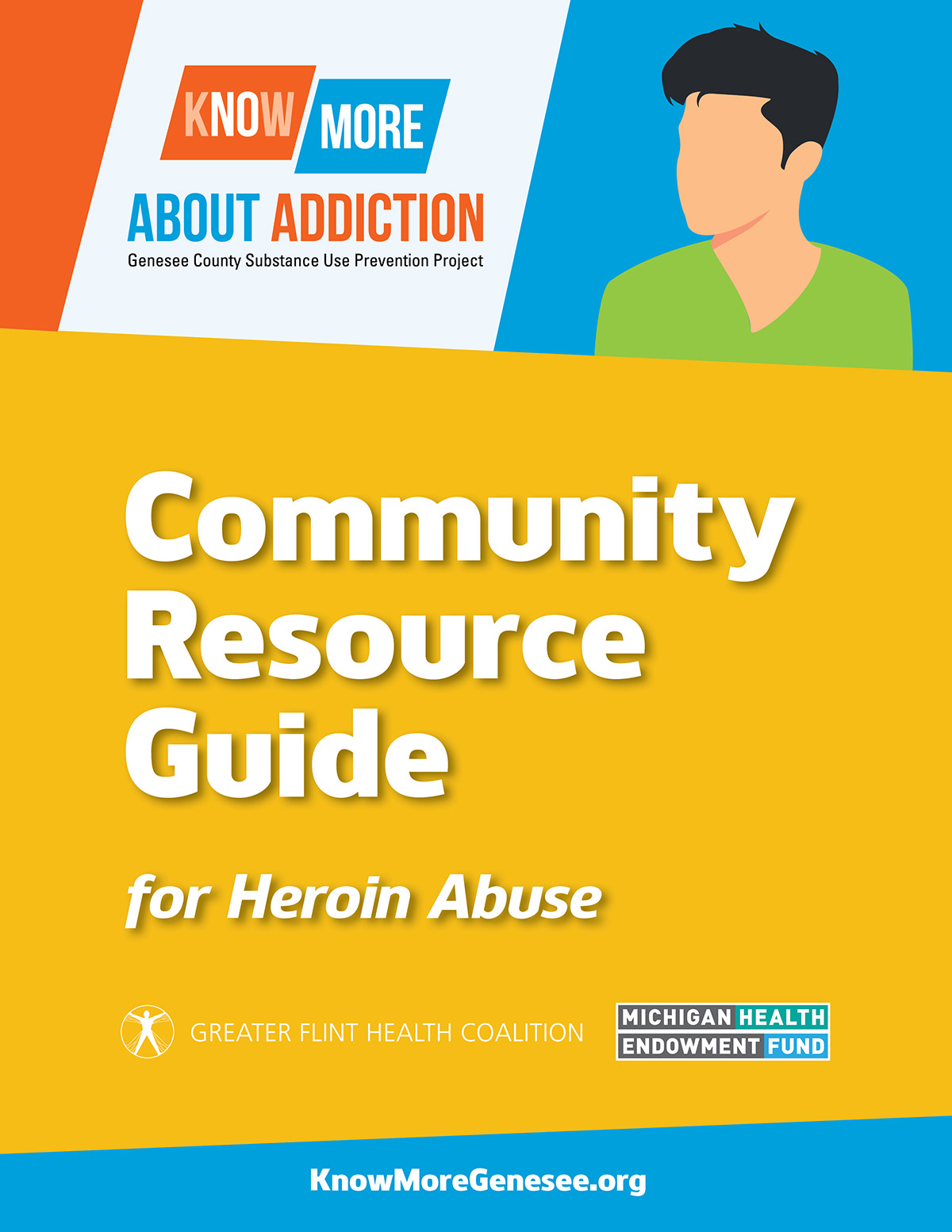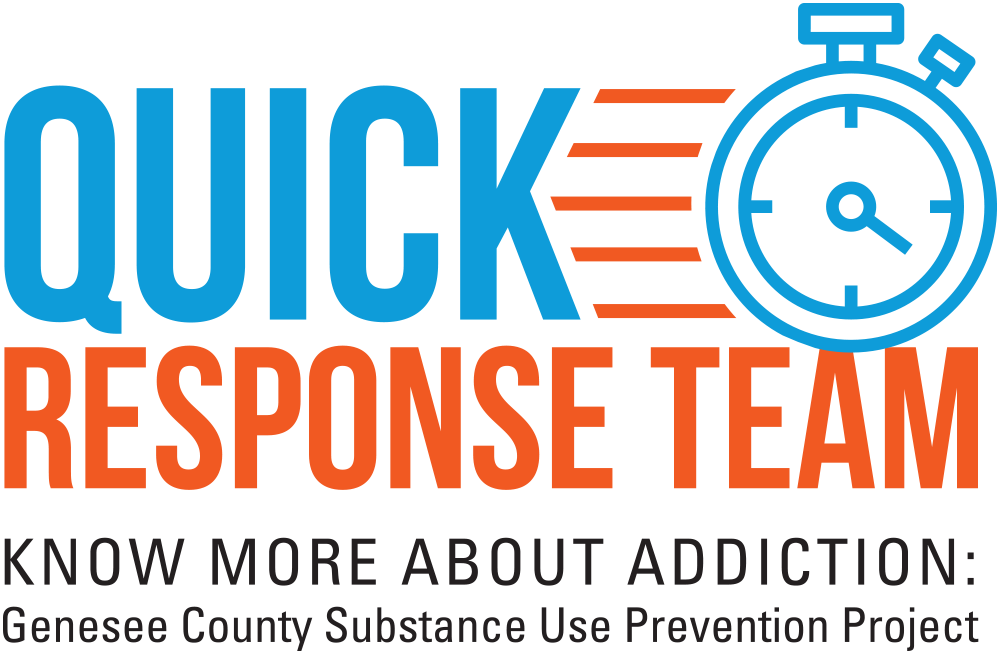If you are concerned about or struggling with heroin addiction or know somebody that is, this resource will help you better understand heroin. Know more about heroin and get help if needed.
What is Heroin?
Heroin is an illegal, highly addictive opioid drug made from morphine, a natural substance taken from the seed pod of the various opium poppy plants grown in Southeast and Southwest Asia, Mexico, and Colombia. Heroin can be a white or brown powder, or a black sticky substance known as black tar heroin. Other common names for heroin include big H, horse, hell dust, and smack.1
Know That Heroin Use is on the Rise
Heroin use has increased sharply across the United States among men and women, most age groups, and all income levels. Some of the greatest increases occurred in demographic groups with historically low rates of heroin use, including women, people who are privately insured, and people with higher incomes. Not only are people using heroin, they are also using multiple other substances, including cocaine and prescription opioids. Nearly all people who use heroin also use at least one other drug.2
Know About Heroin and Opioids
Prescription opioid pain medicines such as OxyContin® and Vicodin® have affects similar to heroin. Research suggests that misuse of these drugs may open the door to heroin use. Recent data also suggests that heroin is frequently the first opioid people use. In a study of those entering treatment for opioid use disorder, approximately one-third reported heroin as the first opioid they used regularly to get high.3 This suggests that prescription opioid misuse is just one factor leading to heroin use.
Know the Short-Term Health Effects of Heroin Use
-
Dry mouth
-
Warm flushing of the skin
-
Heavy feeling in the arms and legs
-
Nausea and vomiting
-
Severe itching
-
Clouded mental functioning
-
Going “on the nod,” a back-and-forth state of being conscious and semiconscious
Know the Long-Term Health Effects of Heroin Use
- Insomnia
- Collapsed veins for people who inject the drug
- Damaged tissue inside the nose for people who sniff or snort it
- Infection of the heart lining and valves
- Abscesses (swollen tissue filled with pus)
- Constipation and stomach cramping
- Liver and kidney disease
- Lung complications, including pneumonia
- Mental disorders such as depression and antisocial personality disorder
- Sexual dysfunction for men
- Irregular menstrual cycles for women

Know Other Potential Health Effects of Heroin Use
Heroin often contains additives, such as sugar, starch, or powdered milk that can clog blood vessels leading to the lungs, liver, kidneys, or brain, causing permanent damage. Also, sharing drug injection equipment and having impaired judgment from drug use can increase the risk of contracting infectious diseases such as HIV and hepatitis.4




